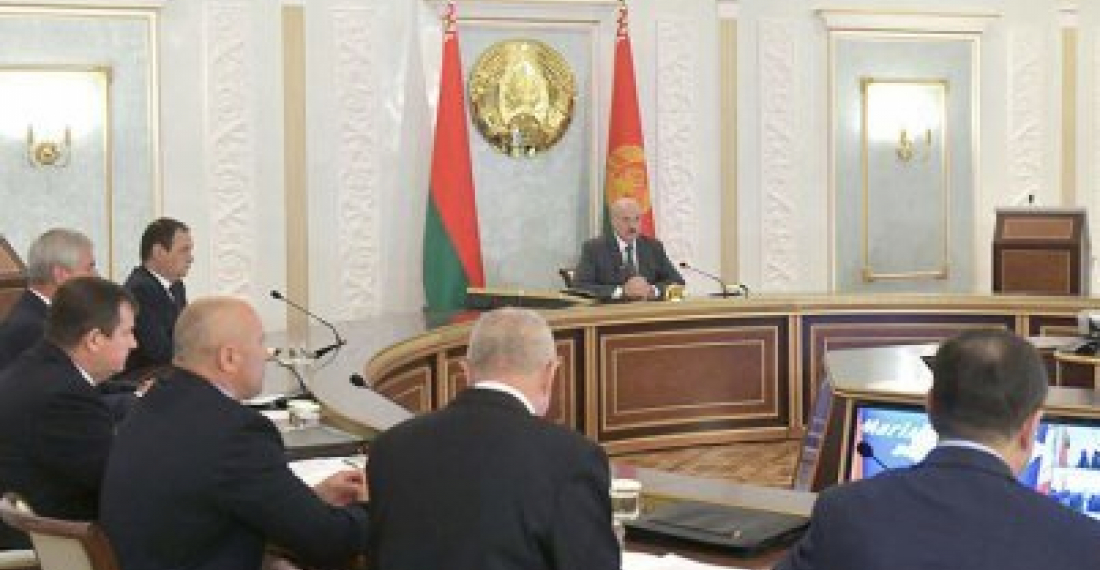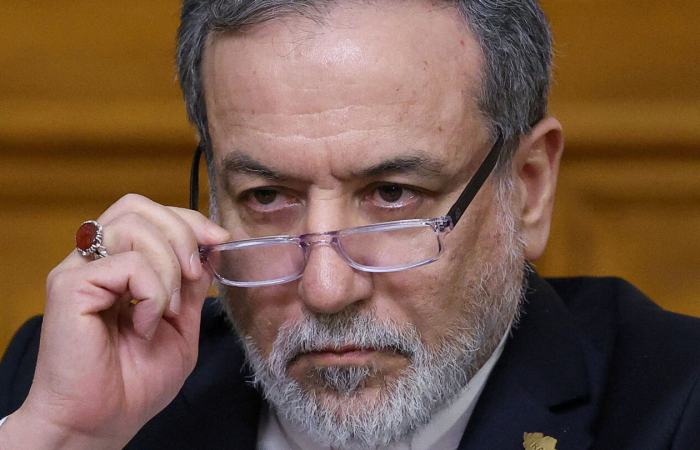Президент Совета ЕС Шарль Мишель поговорил с президентом Путиным в четверг (20 августа), проинформировав его о позиции ЕС, согласованной вчера лидерами 27 стран-членов.
Лидеры ЕС в среду согласовали стратегию выхода из кризиса в Беларуси, в рамках которой была предпринята попытка сбалансировать твердое послание белорусским властям и дальнейшее развитие через диалог. В опубликованном впоследствии заявлении разъясняется, что ЕС не считает выборы 9 августа «ни свободными, ни справедливыми, поэтому мы не признаем их результаты». В заявлении добавлено:
"Народ Беларуси имеет право определять свое будущее. Члены Совета Европы выражают свою явную солидарность с народом Беларуси в его стремлении реализовать свои основные демократические права.
Члены Совета Европы осуждают непропорциональное и неприемлемое насилие, проявленное властями государства против мирных демонстрантов. Необходимо избегать насилия, и все незаконно задержанные должны быть немедленно и безоговорочно освобождены. Представители гражданского общества и оппозиции, участвующие в обсуждении политического перехода, должны быть защищены от произвольных арестов и насилия. ЕС ожидает полного и прозрачного расследования всех предполагаемых нарушений.
ЕС вскоре введет санкции против значительного числа лиц, ответственных за насилие, репрессии и фальсификацию результатов выборов.
Прогресс, достигнутый в последние годы в отношениях между ЕС и Беларусью, находится под угрозой. Любое дальнейшее ухудшение ситуации повлияет на наши отношения и будет иметь негативные последствия.
Мы призываем белорусские власти найти выход из кризиса через прекращение насилия, деэскалацию и всесторонний национальный диалог. Только мирный и демократический процесс, подкрепленный независимыми и свободными средствами массовой информации и сильным гражданским обществом, может обеспечить устойчивые решения. Все стороны, включая третьи государства, должны поддержать такой процесс.
Мы продолжим внимательно следить за ситуацией и будем готовы внести свой вклад в усилия по мирному прекращению кризиса. ЕС полностью поддерживает предложения ОБСЕ о диалоге в Беларуси и готов оказать содействие в их продвижении.
Однако в Минске президент Беларуси Александр Лукашенко проявил дерзость, приказав подавить протестующих и переназначив своих министров на их посты после того, как они ушли в отставку, как того требовал закон, после выборов 9 августа.
Повторные выборы, кажется, единственный выход из нынешнего кризиса, но Лукашенко по-видимому, непреклонен в сопротивлении этого требования.
По словам политического редактора Commonspace.eu, Европейский Союз очень осторожно ведет себя с этим кризисом - вместо того, чтобы вмешиваться в него, он пытается деликатно подходить к сложной ситуации. Он также пытается найти способ взаимодействовать с Россией над кризисом, а не противостоять ей. Похоже, что и президент Путин не склонен к драматическим противостояниям. Проблема в том, что Брюссель и Москва имеют большие ставки в Беларуси, но их способность влиять на события ограничена. Белорусский лидер Александр Лукашенко упрям и имеет фиксированное представление о мире и о месте Беларуси в нем, что во многом окрашивает его решения. Он продолжает попытки противопоставить Москву Брюсселю и Вашингтону. Но сила оппозиции внутри страны сейчас очень высока. В Беларуси грядут перемены, но еще неизвестно, какие именно перемены и как они произойдут".
источник: commonspace.eu по материалам агентств
на фото: Президент Беларуси Александр Лукашенко во время выступления в Совете национальной безопасности в среду, 19 августа 2020 г. (фото любезно предоставлено информационным агентством Белта, Минск).







